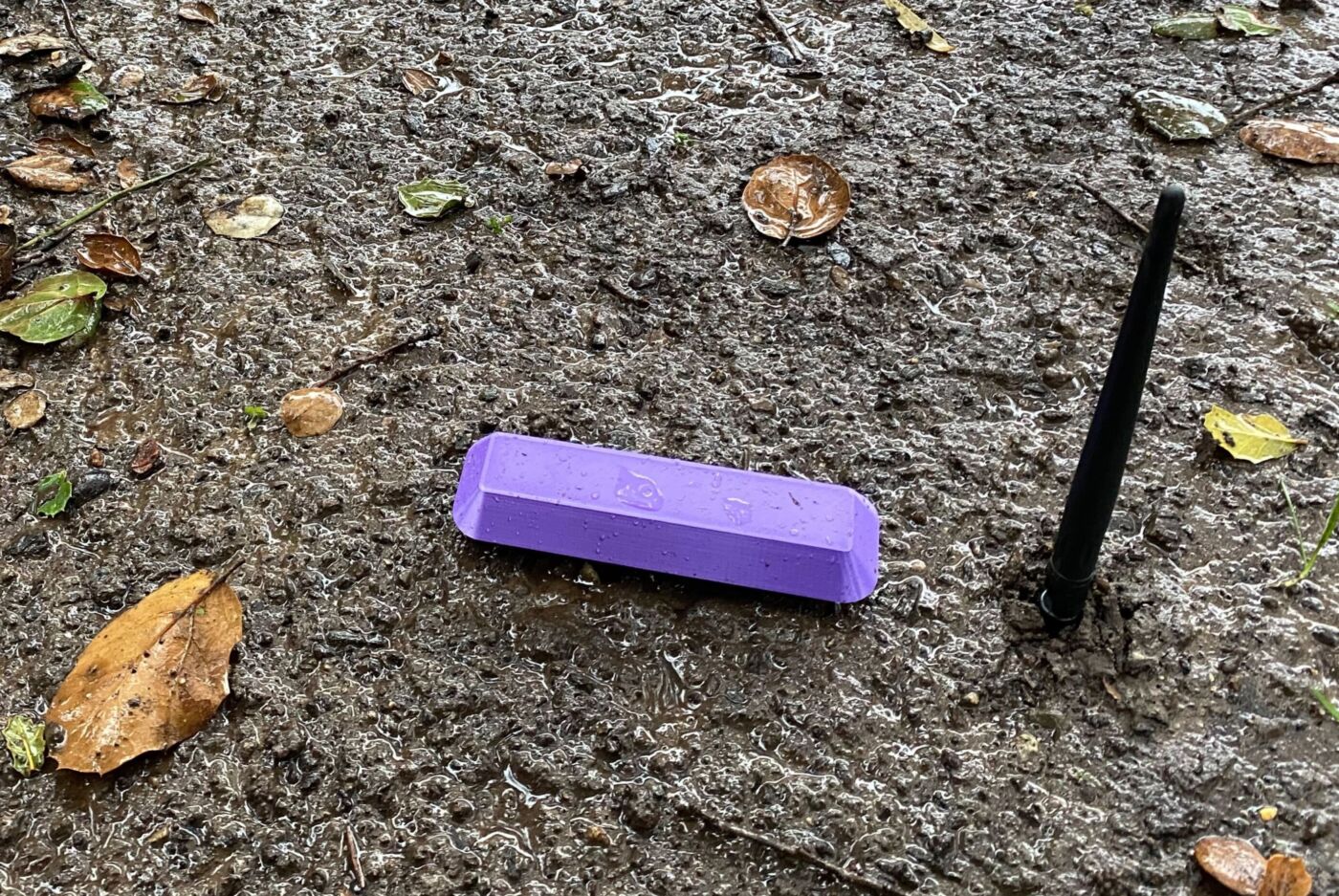
|
|
# 2024 Terracell |
|
Terracell is a soil microbial fuel cell that generates renewable energy from microbes breaking down organic carbon in the soil, offering a sustainable power source for IoT sensors in remote and challenging environments. Its innovative design, with perpendicular electrodes and a vertical, waterproof cathode, enables operation in both dry and flooded soils, extending sensor runtime by 120%. All components, except carbon electrodes, are 3D-printable and locally sourced, making Terracell accessible and eco-friendly. It offers a groundbreaking solution to power IoT devices for environmental monitoring without relying on batteries or solar panels
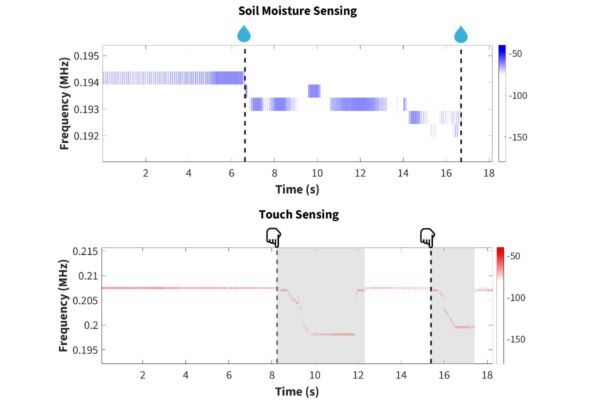
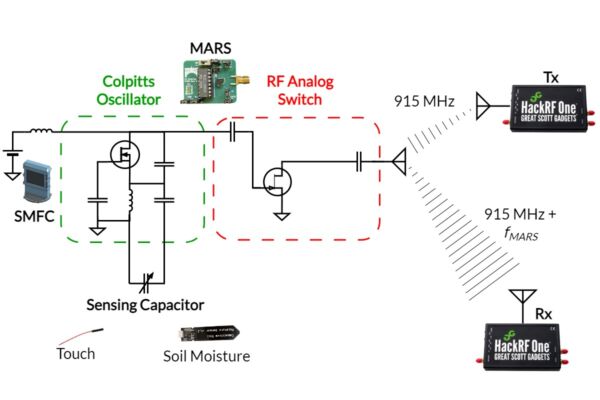
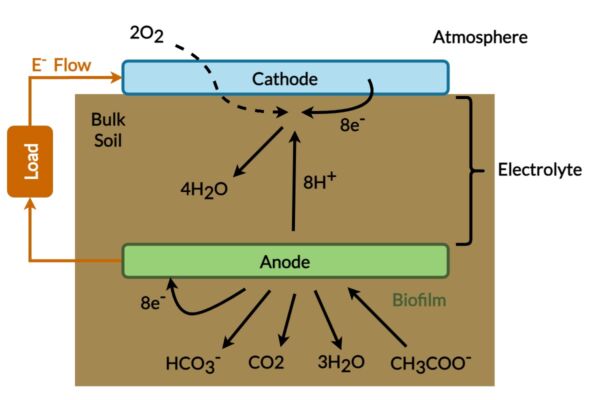
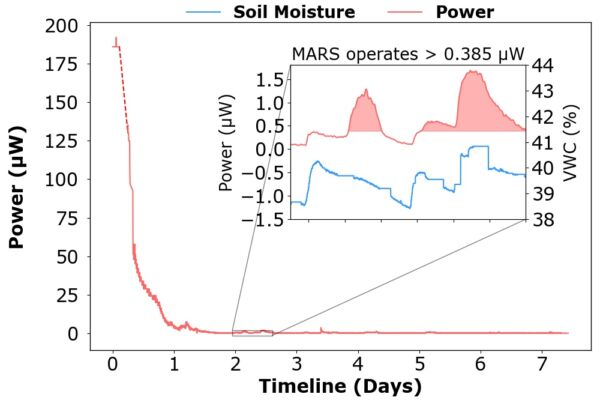
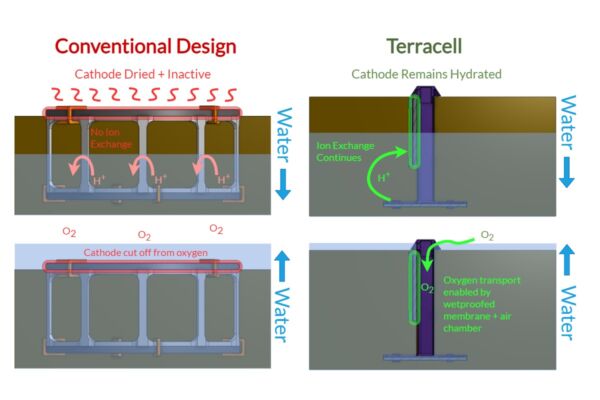
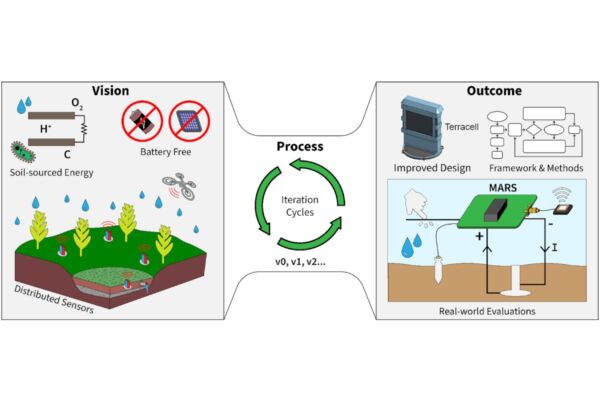
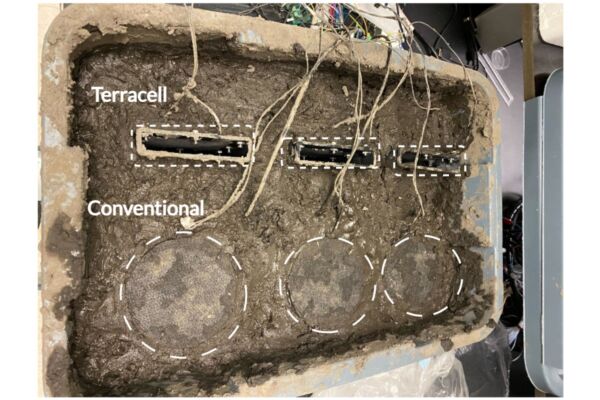
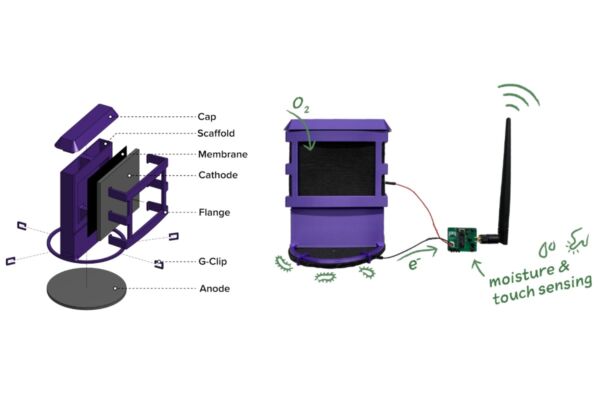
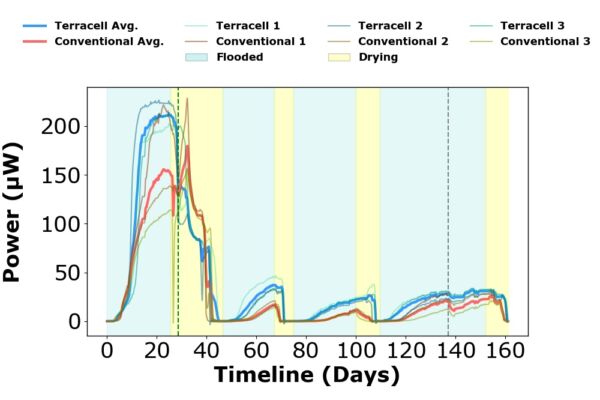
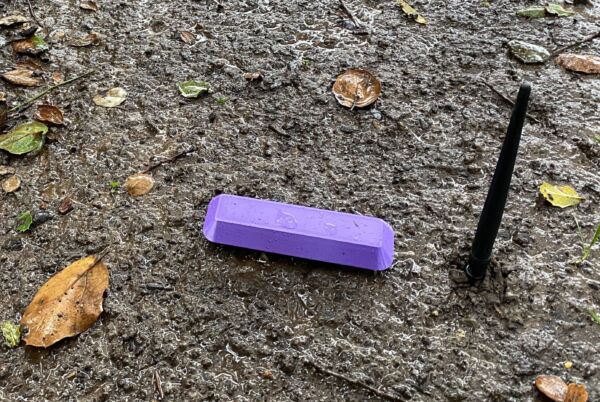
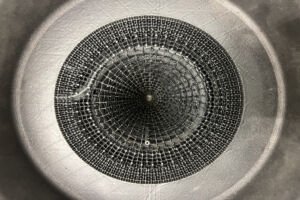
King Abdullah University of Science and Technology (KAUST)
3D-printed solar receiver for industrial heat
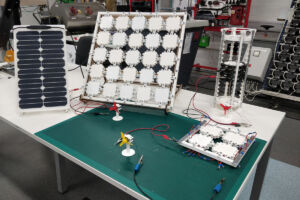
Biodegradable batteries from organic waste

Fuel-efficient routing for heavy-duty trucks